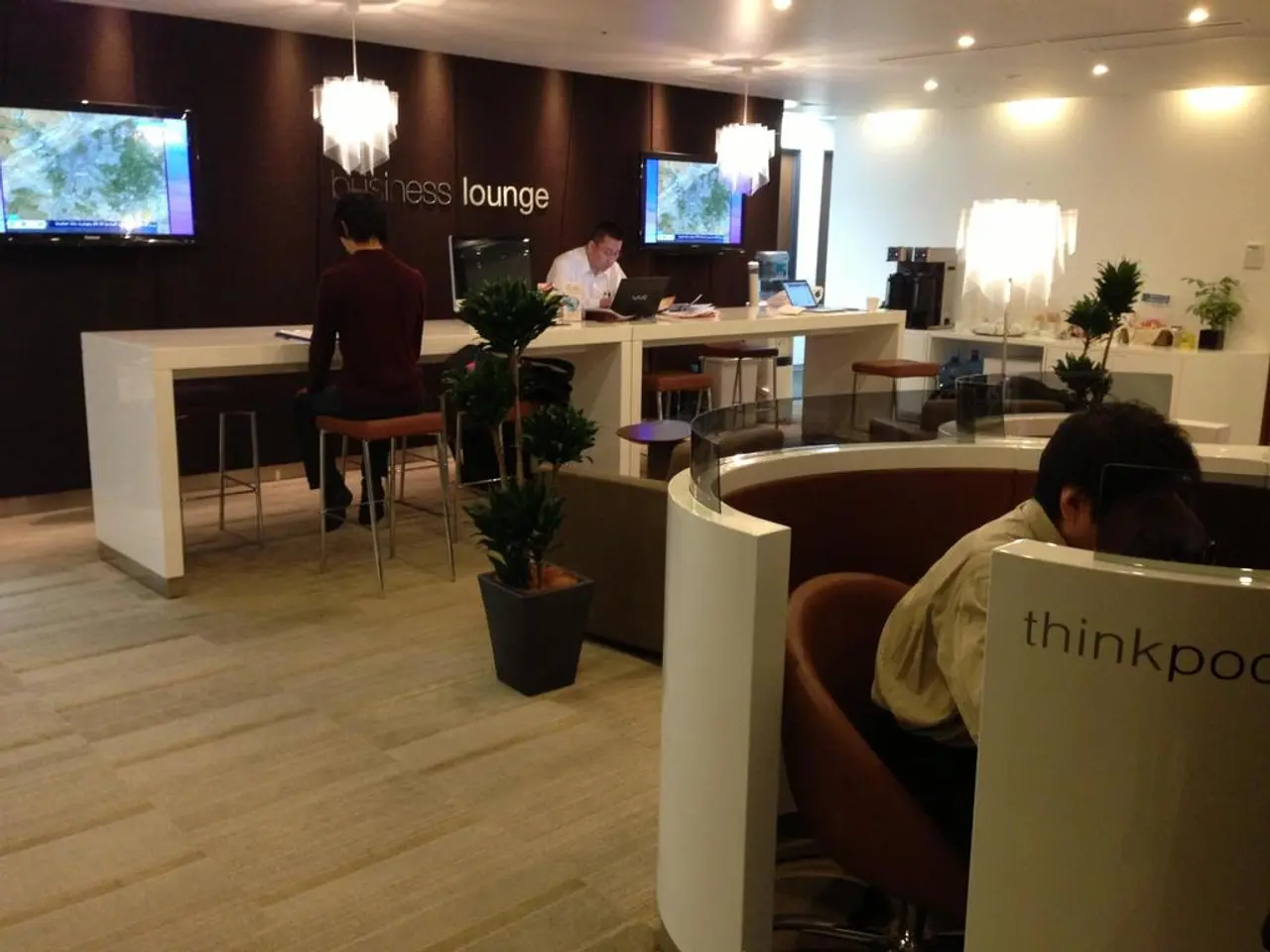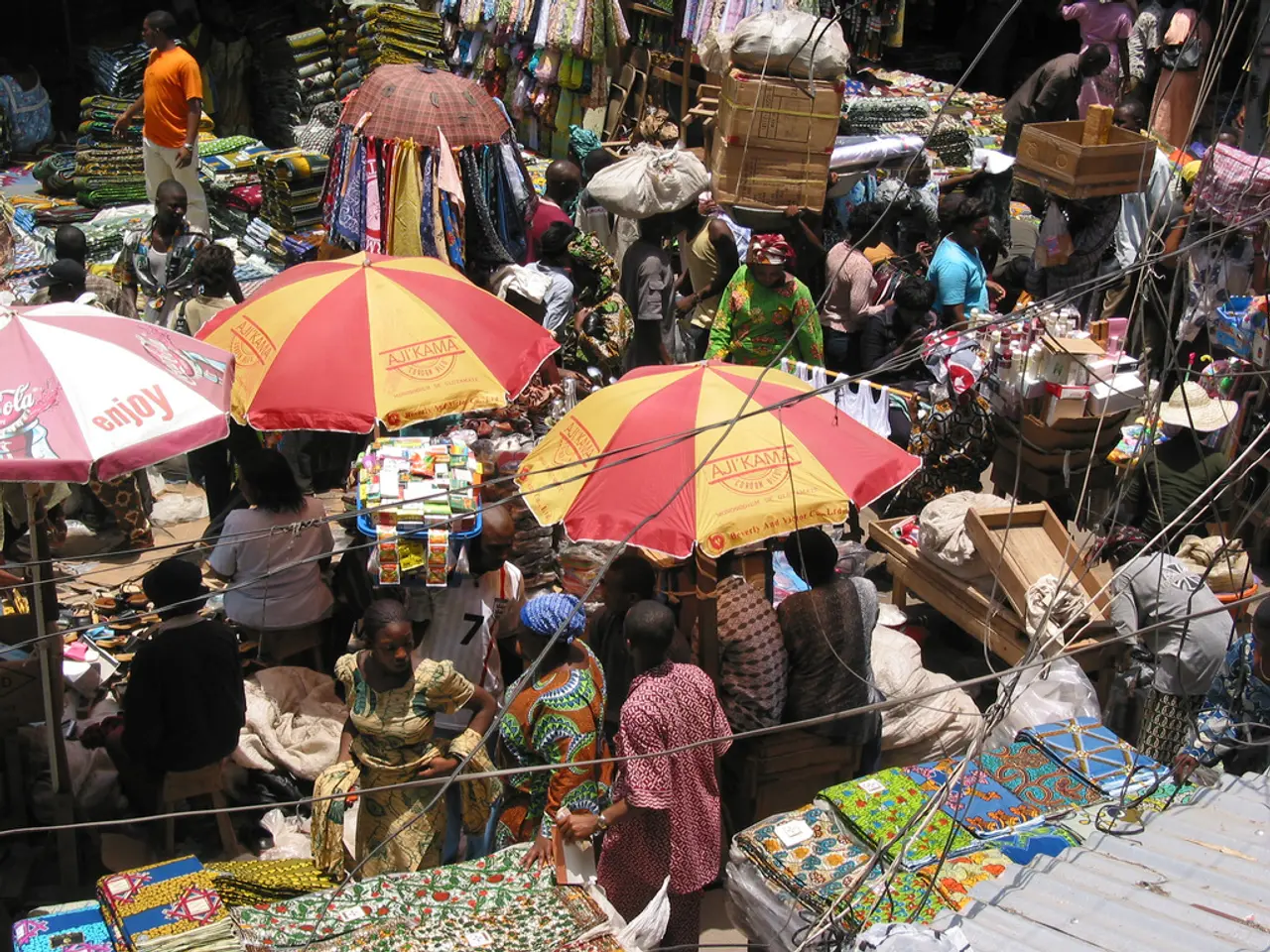Ghana's Government Official Demands Compliance with Regulations by Starlink Within a Month
Starlink Faces Regulatory Hurdles in Ghana
Starlink, the low-Earth orbit satellite technology company, is facing regulatory challenges in Ghana as the government seeks to ensure compliance, facilitate oversight, and guarantee local support and service reliability.
According to reports, Starlink has not yet established a physical presence in Ghana for coordination and oversight. The Ghanaian government, led by Sam George, has made it clear that compliance with Ghanaian law is non-negotiable. In a recent statement, the government gave Starlink one month to meet the country's regulatory requirements, which include registering, obtaining proper licenses, and meeting tax obligations.
The government's stance indicates a push for greater oversight of tech firms operating in Ghana's digital space. This move is aimed at preventing regulatory evasion, safeguarding national security, and protecting consumer interests.
The requirements set by the Ghanaian government are not unique to Starlink. Globally, governments are imposing similar conditions on Starlink's operations. For instance, in South Africa, Starlink faces regulatory hurdles including ownership and licensing requirements aimed at local empowerment, infrastructure contributions, and service support in the region.
Similarly, in countries like Indonesia, Sri Lanka, Yemen, and Turkey, Starlink is required to obtain licenses before operating, often mandating compliance with local laws, oversight, and in-country presence to ensure accountability and service quality.
In line with these regulations, the Ghanaian government expects Starlink to establish a physical office, set up a toll-free number, and in-country support center for user complaints. This is to ensure that Starlink operates under national telecommunications laws, provides proper local oversight, and offers reliable service and support to Ghanaian customers.
The focus is on tech firms with growing influence but limited local accountability. By imposing these regulations, the Ghanaian government aims to encourage economic benefits such as job creation and infrastructure development within the country.
Starlink is currently operating in Ghana without a physical office or customer support system. The company must act swiftly to meet Ghana's regulatory requirements to continue its operations in the country. This aligns with common regulatory practices aimed at protecting national security, consumer rights, and fostering local economic participation.
Starlink, a low-Earth orbit satellite technology company, is facing regulatory challenges in Ghana, as the government is demanding the establishment of a physical office, a toll-free number, and an in-country support center to ensure compliance with national laws, facilitate oversight, and guarantee reliable service for local customers.
The demands placed upon Starlink in Ghana are indicative of a global trend, with numerous countries requiring tech firms, especially those with limited local accountability, to adhere to strict regulations aimed at preventing regulatory evasion, safeguarding national security, and promoting local economic participation.




